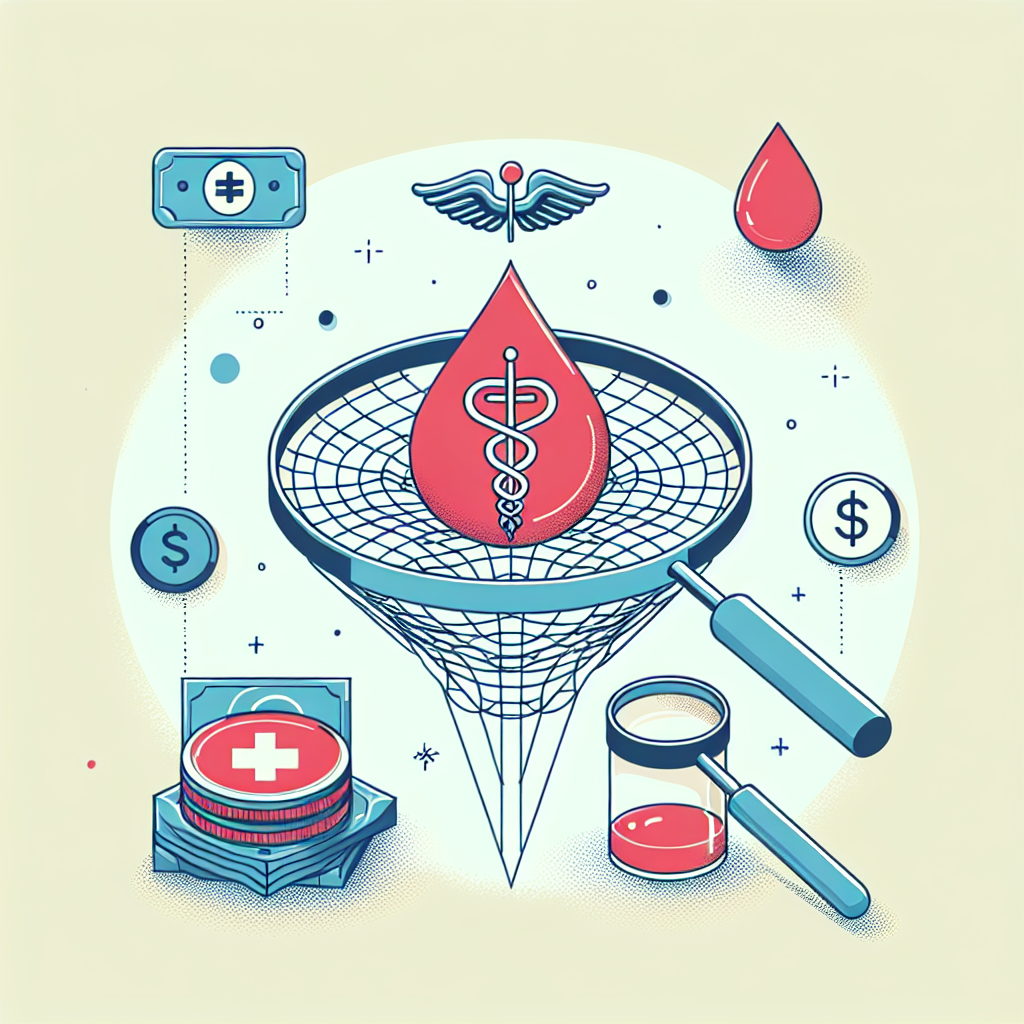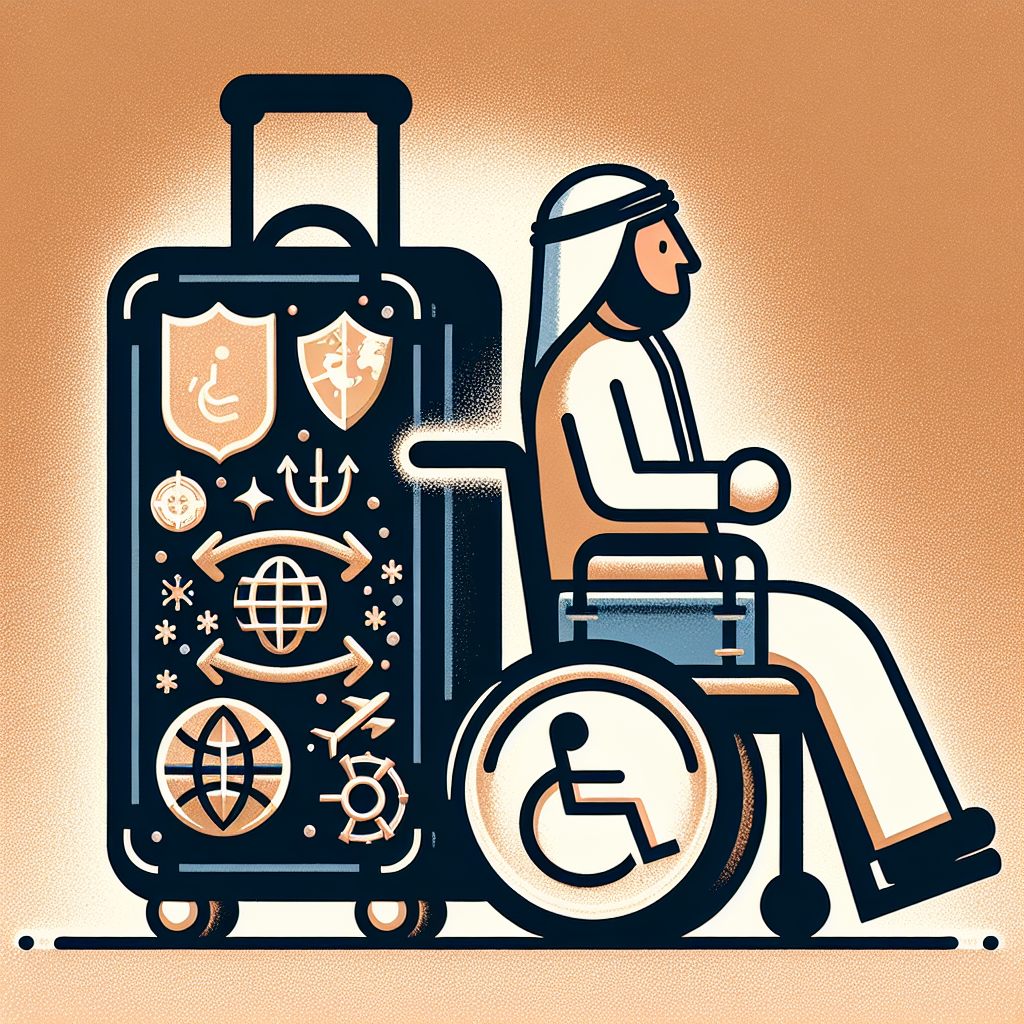Filed under Health Insurance on
Career Opportunities with a Life and Health Insurance License

Embarking on a career path with a life and health insurance license can open a myriad of rewarding opportunities. This credential not only acts as a gateway to a stable profession but also offers diverse roles that cater to different skills and interests. Whether you are an aspiring professional or looking to shift careers, understanding the potential and scope of a life and health insurance license is essential to make informed decisions.
The Value of a Life and Health Insurance License
Acquiring a life and health insurance license provides credibility and a competitive edge in the insurance sector. It indicates a thorough understanding of insurance policy design, sales, and regulatory compliance, which are prerequisites for a successful career in this industry. With a robust demand for insurance policies driven by heightened health awareness and financial planning needs, having this license positions you strategically in the market.
Diverse Career Paths in Life and Health Insurance
Insurance Agent
One of the most direct applications of a life and health insurance license is becoming an insurance agent. Agents are responsible for selling insurance policies, advising clients on coverage options, and guiding them through the claims process. With the increasing complexity of insurance products, the need for knowledgeable professionals is greater than ever. According to industry reports, the employment of insurance agents is expected to grow by 5% from 2019 to 2029, reflecting the ongoing demand for licensed agents.
Claims Adjuster
A life and health insurance license also opens doors to becoming a claims adjuster. These professionals evaluate insurance claims to determine coverage and the amount of compensation owed to policyholders. Their role is critical in ensuring that claims are processed accurately and fairly. With their deep understanding of insurance policies and regulations, licensed claims adjusters are essential for maintaining the financial integrity of insurance organizations.
Underwriter
Underwriters play a key role in assessing the risk associated with insuring clients. They analyze insurance applications and determine whether to provide insurance and under what terms. A life and health insurance license equips underwriters with the expertise needed to evaluate risks and develop balanced insurance terms, helping to maintain company profitability and client satisfaction.
Insurance Compliance Officer
As insurance companies navigate a complex regulatory environment, the need for compliance officers is on the rise. These professionals ensure that organizations adhere to federal and state insurance regulations. Holding a life and health insurance license provides a solid foundation for understanding these regulations, enabling compliance officers to effectively identify and mitigate compliance risks.
Financial Advisor
With a life and health insurance license, professionals can expand their career to become financial advisors. Advisors counsel clients on a range of financial issues, including investments, estate planning, and retirement strategies. They often incorporate insurance products into their clients' financial plans, leveraging their expertise to recommend policies that align with clients' long-term goals.
Industry Trends Shaping Career Opportunities
Several trends in the insurance industry are influencing career opportunities for those with a life and health insurance license:
- Technology Integration: The advent of insurtech is transforming the insurance landscape by automating processes and improving customer experiences. Professionals with both a life and health insurance license and tech-savvy skills are highly valuable in this dynamic environment.
- Personalization of Insurance Products: Consumers increasingly demand personalized insurance offerings. Professionals with a deep understanding of client needs can leverage this trend to create tailored insurance solutions.
- Regulatory Changes: As regulations evolve, the demand for professionals who can navigate the complex regulatory environment increases. Licensed individuals are in a favorable position to handle compliance issues adeptly.
- Focus on Wellness and Prevention: Health insurance is no longer just about coverage but also promoting wellness and preventive care. Professionals knowledgeable in these areas can develop innovative products and services that meet this growing demand.
Getting Your Life and Health Insurance License
Pursuing a life and health insurance license involves passing a state-administered exam, which requires thorough preparation and understanding of insurance principles. Below are steps typically involved in obtaining this license:
- Research Your State's Requirements: Each state has specific prerequisites for obtaining a life and health insurance license. Understanding these requirements ensures you meet all necessary qualifications.
- Completing Pre-Licensing Education: Most states mandate a set number of pre-licensing education hours. These courses cover essential topics including insurance laws, underwriting, and policy provisions.
- Registering for the Exam: Once pre-licensing education is completed, the next step is to register for the state licensing exam. Registration is typically conducted through the state's insurance department or approved examination providers.
- Passing the Exam: The exam tests your knowledge of life and health insurance concepts and regulations. Success requires diligent study and grasp of the material.
- Applying for the License: After passing the exam, you must apply for the actual license through your state's insurance department, often involving background checks and fee payments.
Building a Successful Career with Your License
Acquiring a life and health insurance license is just the beginning. To build a successful career, consider the following strategies:
- Continuous Learning: The insurance industry is dynamic, with new regulations and products emerging regularly. Staying updated through professional development and advanced certifications can enhance your expertise and career prospects.
- Networking: Engaging with other professionals through industry events and organizations can lead to new opportunities and mentorships that are crucial for career growth.
- Developing Specializations: Specializing in niche areas such as long-term care insurance or annuities can differentiate you from peers and open doors to unique roles within the industry.
- Enhancing Soft Skills: Strong communication and interpersonal skills are vital, particularly in client-facing roles like insurance sales and financial advising.
- Leveraging Technology: Familiarity with the latest insurtech solutions can improve service delivery and client satisfaction, making you an invaluable asset to your organization.
Conclusion
The journey with a life and health insurance license can be both challenging and fulfilling. It presents versatile opportunities across various roles such as insurance sales, claims adjustment, underwriting, and financial advising. Embracing industry trends, pursuing continuous education, and refining your skill set are vital steps to a prosperous career in the insurance field. As the demand for knowledgeable professionals rises, those with a life and health insurance license are well-positioned to thrive in a dynamic and rewarding industry.





